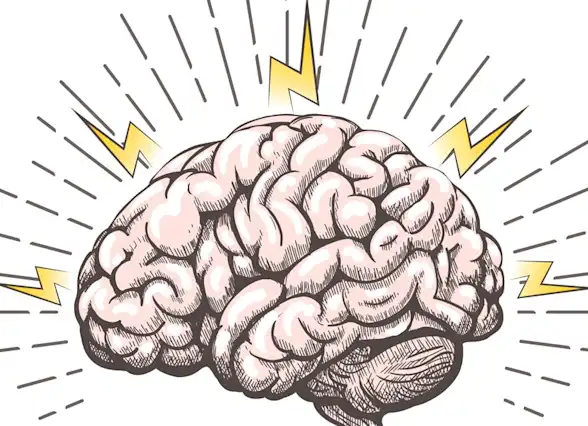What are Post-Stroke Side Effects?
Post-stroke side effects are physical, cognitive, emotional, and behavioral changes that appear following a stroke.
Get insurance benefits, legal documents, and medical records in one place

Helpful Highlights
Post-stroke side effects can vary widely depending on the severity and location of the stroke.
These side effects can significantly impact your loved one's quality of life and may require a multidisciplinary approach to manage.
The most common post-stroke side effects are impaired speech, physical limitations, weakness or paralysis of limbs on one side of the body, difficulty gripping or holding things, and a slowed ability to communicate.
There are different effects when a stroke happens on the right side of the brain versus the left side of the brain. The most fundamental effect is that a stroke on the right side of the brain causes problems on the left side of the body, and a stroke on the left side causes problems on the right.
Generally speaking, right brain post-stroke side effects are:
Left-sided weakness
Impulsive behavior
Overconfidence in abilities
Vision problems
Generally speaking, left brain post-stroke side effects are:
Right-sided weakness
Speech and language problems
Slowed behavior
Common post-stroke side effects
Shoulder-hand syndrome. Muscles decrease in size and strength, causing the shoulder to slip out of its socket. Symptoms include tingling, varying feelings of hot and cold, and changes in sensation.
Learned non-use. The functional loss of one or more muscle groups on one side leads to only using "the good side". This can cause circulatory problems, muscle wasting, and skin breakdown on the affected side. It also increases the risk of injury or infection on the affected side.
Spasticity. Limbs change position and can become stiff, painful, or even shortened, limiting strength, mobility, and balance, and interfering with daily life.
Dysarthria. A collective term that describes several speech changes, including apraxia and aphasia. Aphasia can be especially frustrating.
Dysphasia. Difficulty swallowing can lead to malnutrition and aspiration (food and liquids passing into the lungs).
Cognitive impairment. Disruptions in mental processing are common among stroke survivors due to damage in parts of the brain that control communication, visual processing, memory, social skills, and attention span.
Depression. A frequent problem after a stroke resulting from the significant physical and psychological changes sustained.
RESOURCES
Chohan, S.A., Venkatesh, P.K., & How, C.H. (2019). Long-term complications of stroke and secondary prevention: An overview for primary care physicians. Singapore Medical Journal, 60(12), 616-620. DOI
No content in this app, regardless of date, should ever be used as a substitute for direct medical advice from your doctor or other qualified clinician.
Get more support and guidance on insurance benefits, medical records and legal forms.
Helpful brings together your insurance benefits, legal documents, and medical records in one personalized place — so you always know what you have, and never have to search again.

Technology for Health Tasks. Mental Health for the Tough Stuff.
Helpful connects your medical records, insurance, and caregiving tasks automatically. And when you need more than logistics, a therapist is here to guide you.
In-Network and Covered
For Individuals, Couples and Families
HIPAA Compliant, Data Stays Private






